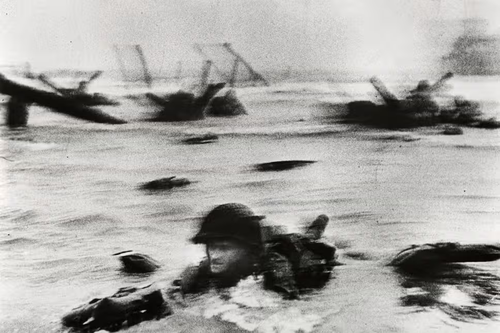I have followed Mike Johnstons TOP Blog for many years. This post struck a chord. . It is about a question that I have asked myself many times. Am I interested in photography, or am I more interested in what I am photographing?
Maybe in the early days I was interested in photography and the process of making a picture. When I did a lot of hiking in our Apennine mountains, I often wondered why I was here. Was it to make pictures, or to make pictures to document my hike, and serve as a memory of a day out? I made some nice Blurb books of my hikes, so photography was just an accessory.
But when I did performing arts photography for our provincial theatre, I believe it was mostly the technical and artistic challenge I enjoyed. But it was fun learning about the inner mechanisms of Theatre, Dance and Opera. Jazz was a bit different, I enjoyed photographing my some of my favorite artists and discovered others. My Jazz photography is my strongest performing arts photography, because I already loved the subject and was already quite knowledgeable bout the music and musicians.
A couple of years ago I became curious about medieval architecture, after a chance visit to a Pieve with some strange carvings. I enjoy the technical challenge of documenting these old historic buildings to a level beyond the mostly horrible cell phone type image we see posted to web, when I research a site.
So I quess it it a variable answer to the original question.




